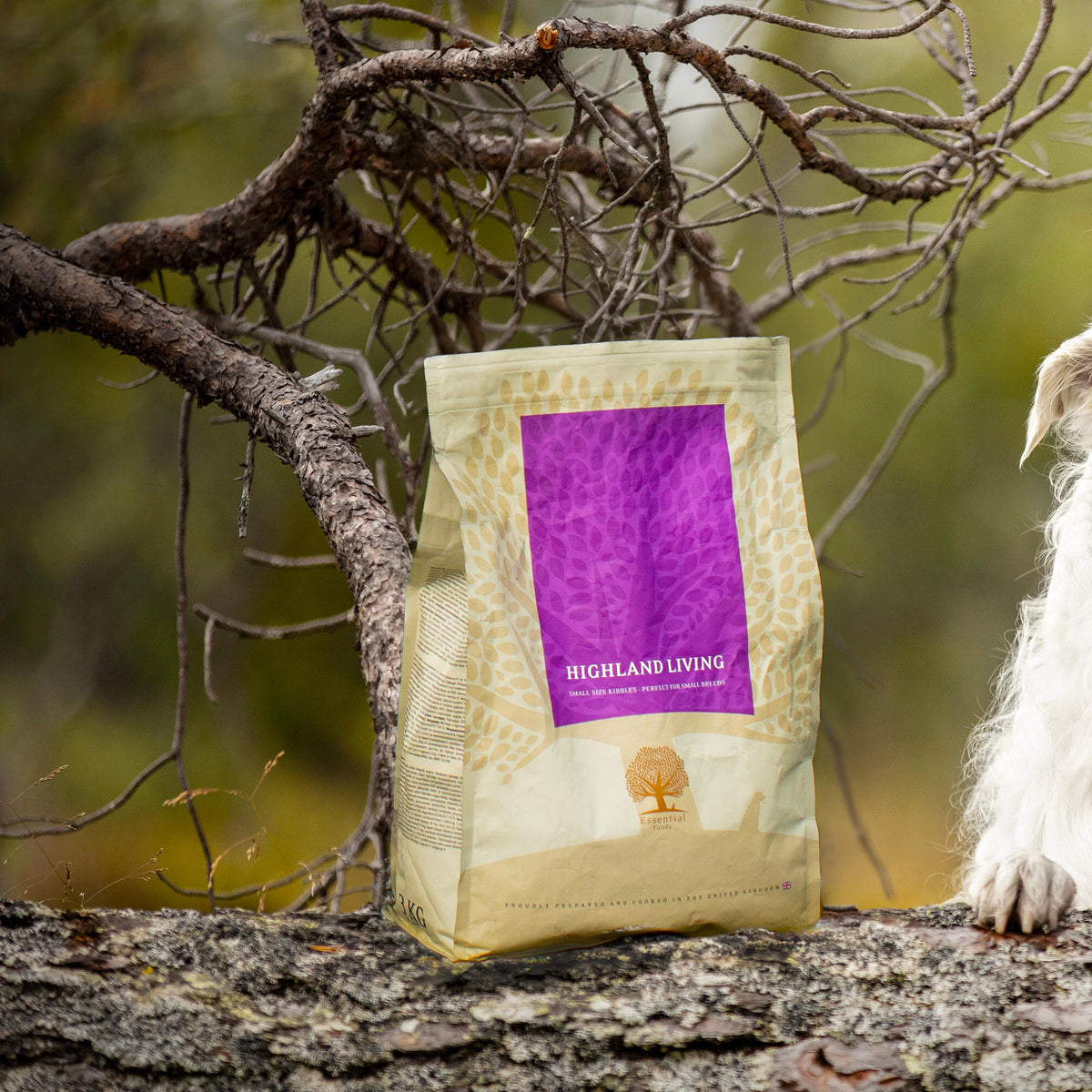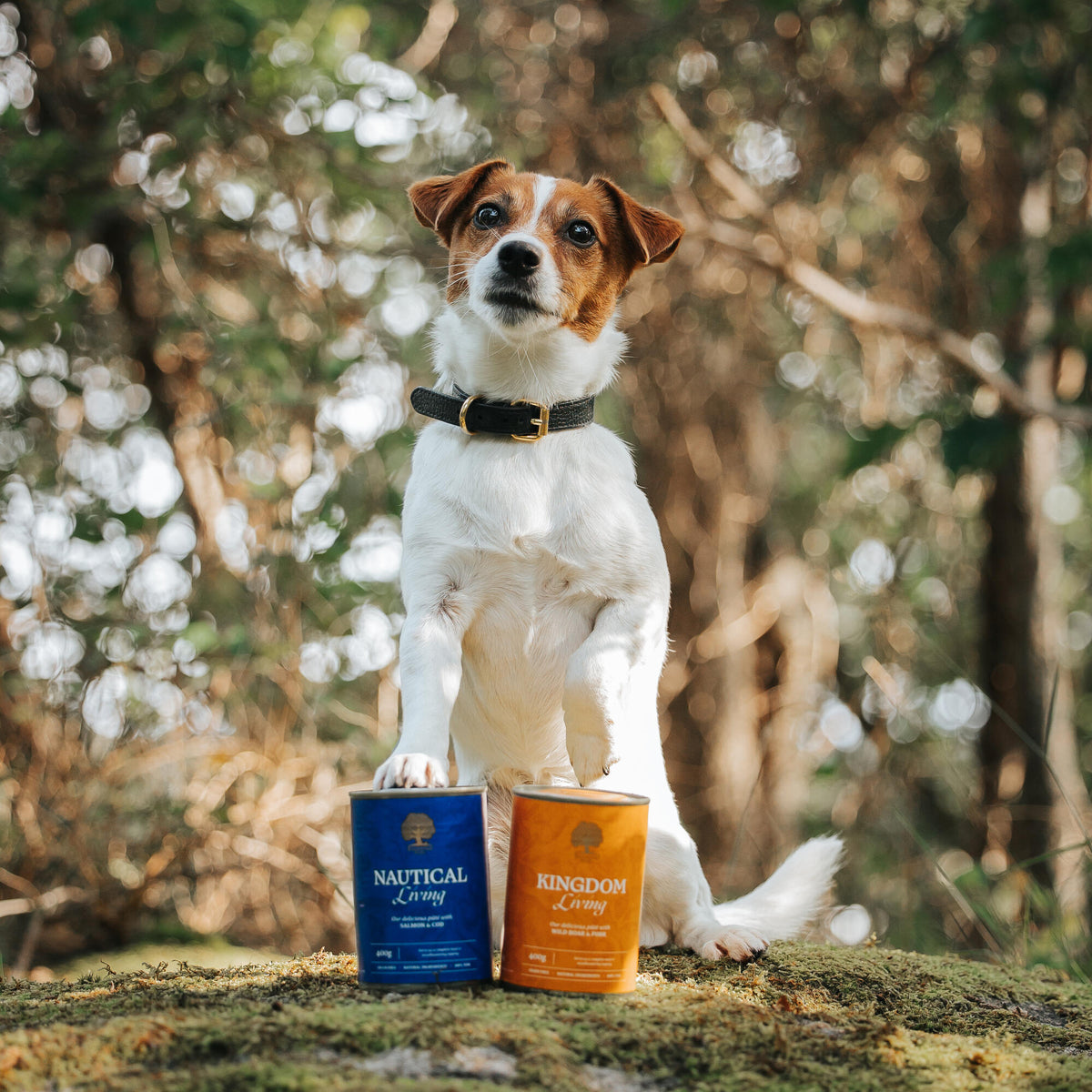If you're like me, you probably want the very best for your dog. And when it comes to their diet, making the switch to a senior pet food can be a big decision. But how do you know when it's the right time to make that change? Well, fear not! In this guide, we'll explore the signs that indicate your pet may benefit from a transition to a senior dog food. So, grab a treat (for both you and your pooch) and let's dive in!
Signs It's Time to Switch to Senior Dog Food
1. Age is Just a Number...Or is It?
As our beloved canine companions age, their nutritional needs evolve too. Dogs are considered seniors typically around 7 to 9 years old, depending on their breed and size. Just like us humans, older dogs may experience changes in metabolism, digestion, and overall energy levels. Switching to a senior pet food can help address these changing needs and support your dog's health as they enter their golden years.
2. Slowing Down or Slowing Down?
Is your once-sprightly pup starting to move a little slower? Are they showing less interest in playtime and more interest in naptime? While it's normal for dogs to slow down as they age, significant changes in activity level or mobility could indicate the need for a diet tailored to senior dogs. Senior dog foods often contain ingredients that support joint health and mobility, helping your dog stay active and comfortable well into their senior years.
3. Dental Dilemmas
Have you noticed your dog having trouble chewing their kibble or experiencing dental issues such as gum disease or tooth loss? Dental problems are common in older dogs and can impact their ability to eat certain foods. Senior dog food may feature smaller kibble sizes or softer textures, making them easier for older dogs to chew and digest. Plus, some formulations even include ingredients that promote dental health, such as antioxidants and vitamins.
4. Digestive Distress
Is your dog experiencing more frequent bouts of digestive upset, such as vomiting, diarrhea, or gas? Changes in digestion can occur as dogs age, and certain ingredients in their current diet may no longer agree with their sensitive stomachs. Grain-free dog food and natural dog food designed for seniors are often easier to digest and less likely to trigger gastrointestinal issues. Plus, they typically contain high-quality proteins and fiber sources that support digestive health.
Why Essential 'Older' Senior Dog Food Reigns Supreme
Now that you've recognized the signs that it's time to switch to a senior dog food, you might be wondering which one is best for your furry friend. Look no further than Essential 'Older' Senior Dog Food! Here's why it's the ultimate choice for your aging canine companion:
-
High Protein Level of 32%: Essential 'Older' Senior Dog Food is packed with protein to help maintain muscle mass and support your dog's overall health and vitality.
-
Rich in Omega-3: With essential fatty acids like omega-3, this senior dog food promotes healthy skin, a shiny coat, and optimal brain function.
-
Irresistible Palatability: Your dog will love the high-meat content and delicious flavors of Essential 'Older' Senior Dog Food, making mealtime a joyous occasion every day.
So, why wait? Make the switch to Essential 'Older' Senior Dog Food today and give your dog the nutrition they need to thrive in their golden years!
FAQs (Frequently Asked Questions)
Q1: Can I switch my dog to senior dog food even if they're not showing signs of aging yet?
A: Absolutely! It's never too early to start supporting your dog's long-term health with a diet tailored to their age and life stage. Transitioning to a senior pet food can provide proactive nutritional support for your dog as they age.
Q2: Is grain-free dog food suitable for all senior dogs?
A: While grain-free dog food can be a good option for many senior dogs, it's essential to consider your dog's individual dietary needs and any underlying health conditions.
Q3: How do I transition my dog to Essential 'Older' Senior Dog Food?
A: To transition your dog to Essential 'Older' Senior Dog Food, gradually introduce the new food over a period of 7 to 10 days, mixing it with their current food in increasing amounts. Monitor your dog's appetite and digestion during the transition period, and adjust as needed to ensure a smooth switch.



